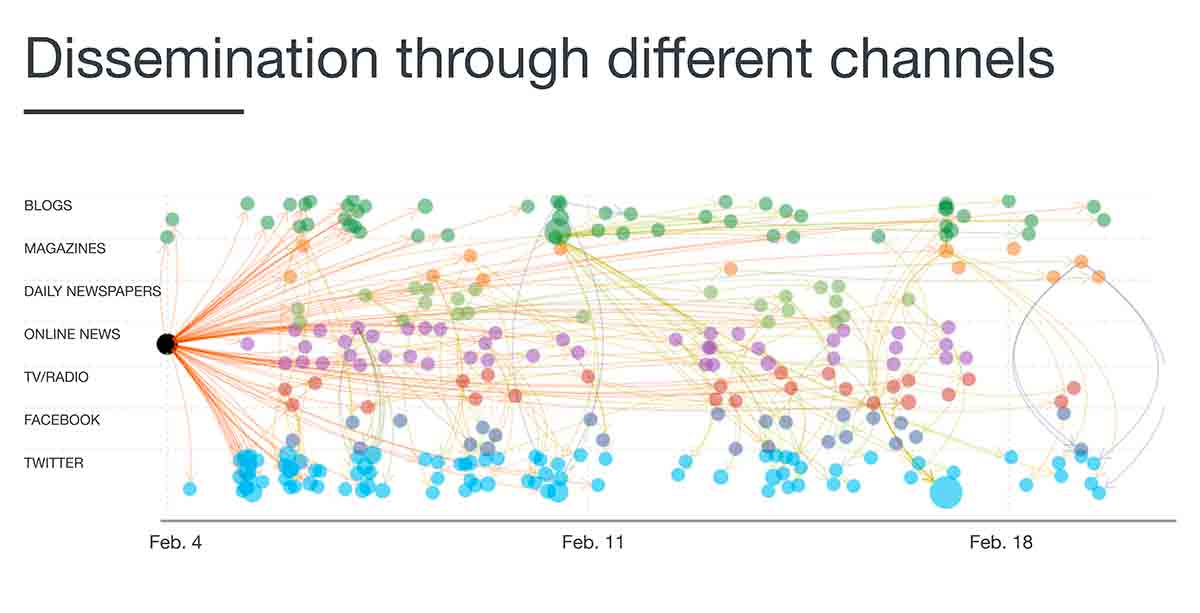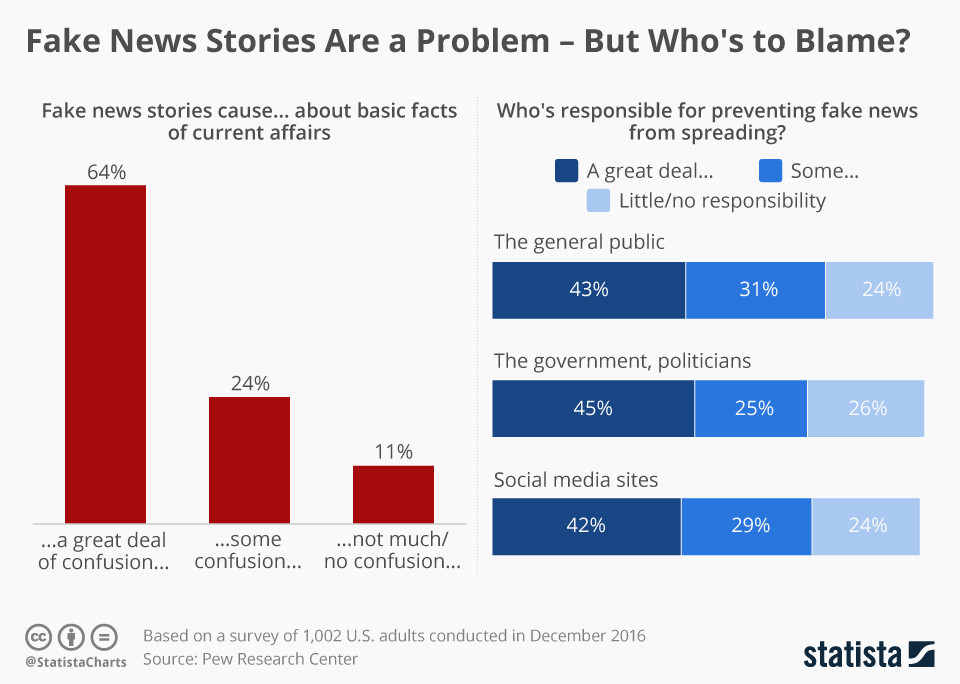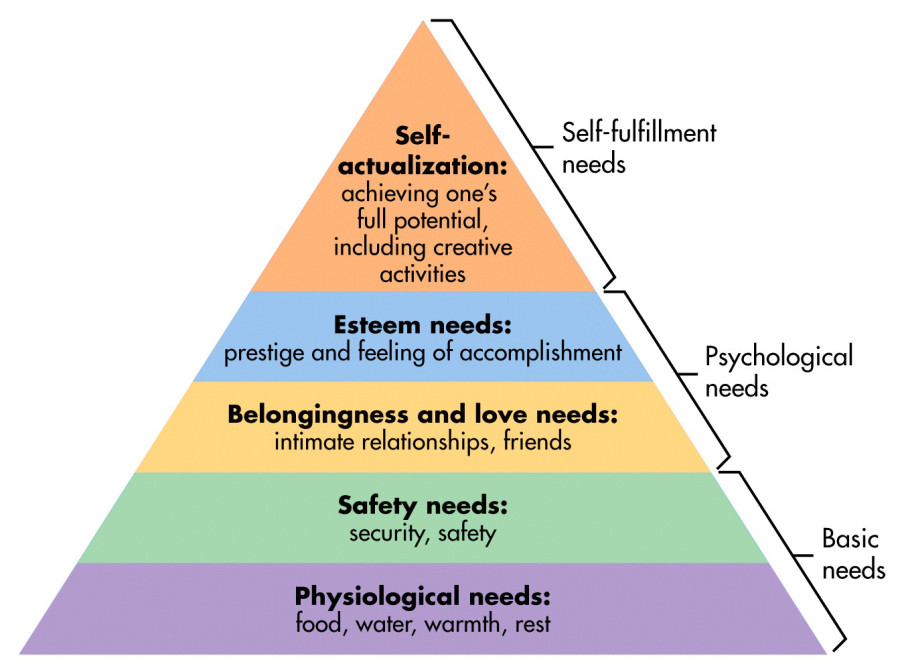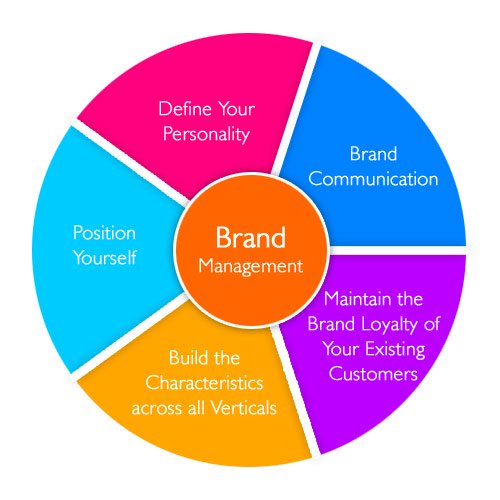What Is Reputation? Definition, Importance, Tactics and Repair Strategies
Reputation is people’s general opinion or estimation about someone or something. It measures how much respect, admiration, credibility, or trust a person or entity has earned in a particular social group or community.

The Meaning of Reputation
Reputation is a complex concept, often expressed as the collective opinion or estimation of an individual’s or company’s character, actions, and achievements within a community. It serves as a social measure of trust and credibility, impacting how individuals, businesses, and organizations are viewed and treated by others. In smaller communities, reputation is communicated from person to person. In larger communities, such as our digital world, reputation is often examined through an online lens.
In 2025, with AI-generated search responses and Google’s increasing use of website-wide reputation signals, managing digital reputation is more complex than its ever been. Building a good reputation on multiple fronts takes time and consistent effort, but it can be easily damaged by negative actions. Repairing a damaged reputation is often possible, though.
Content
- Reputation vs Character
- Impact of Reputation
- Reputation Management Strategies
- Importance of Reputation in Business
- Importance of Reputation for People
- How to Improve Reputation
- Frequently Asked Questions
The Evolution of Reputation
Historically, reputation has played a pivotal role in social and economic interactions. From ancient civilizations, where social standing could dictate a person’s survival, to this modern age, where online platforms magnify every action or inaction (especially mistakes), the importance of reputation has only intensified. In the pre-internet era, reputation was mostly spread through word-of-mouth and printed press. However, with the advent of the internet, AI, and social media, the dynamics of how reputations are formed, maintained, or damaged have shifted seismically. Online Reputation Management (ORM) has become a mainstream tool as businesses and individuals navigate the challenges of maintaining a positive image in a digital world where reputations can turn on a dime.
Reputation vs. Character
While often used interchangeably, reputation and character are distinct concepts. Character refers to the intrinsic qualities and moral values an individual holds, which are consistent separately from external perceptions. It is fundamentally who a person is on the inside, shaped by personal beliefs and actions over time.
In contrast, reputation is an external perception, a reflection of how others view an individual’s character and actions. Like bad guys in movies who seem so nice at the beginning of the film, this perception may not always align with the true character. It is influenced by societal biases, experiences, and interactions.
For example, a person might have a stellar reputation based on public actions, yet their true character could be quite different, only known to those who interact closely with them. For example, actors who seem so nice on screen are revealed to be quite different in person.
The Subjective Nature of Reputation
Reputation is inherently subjective, built on the perceptions and interpretations of others. It can be seen as a social capital influenced by various factors, including media, cultural norms, and personal interactions. For businesses, reputation is closely tied to brand image and can significantly impact customer trust and loyalty. In personal contexts, one’s reputation can affect relationships, career opportunities, and social interactions. The subjective nature of reputation means that it can be both a valuable asset and a vulnerable target, susceptible to misinformation, manipulation, and changes in public or consumer sentiment.
The Impact of Online Platforms on Reputation
At Reputation X, we talk daily with people and organizations whose reputations are being attacked online in search results or social media. This is because online platforms have transformed the way reputations are built, maintained, and often tarnished. This section explores the multifaceted roles of search results, social media, and online reviews and the broader implications of digital footprints on reputation.
The Role of Search Results on Reputation
Search engines significantly influence public perception by determining which information is most visible. High rankings in search results not only enhance visibility but also lend credibility to businesses and individuals. People are lazy, and they rarely scroll past page one of search results. Our online environment does contain truth somewhere, but one needs to work hard to find it. Very little can be researched fully because we simply don’t have time. The sliver of information search and social results present to us is often treated as true, whether it is or not. This makes social and search companies the deciders of truth.
Journalists, influencers, and bloggers can have an outsized impact on reputation. In the US, the First Amendment protects free speech, and Article 10 of the European Convention on Human Rights does much the same. This acts as a shield for online content creators to say pretty much whatever they want, short of things like defamation. A person with millions of followers or readers has an amplified voice that makes the opinions of others far harder to hear. Search engines further enhance this by giving people and organizations with more notability an even louder voice through the choices their algorithms make when presenting information.
Search engines like Google prioritize user-generated content such as reviews and ratings, which can dramatically affect the online reputation of businesses. When Google purchased Reddit, it gained thousands of pages of user-generated content (UGC). In fact, 85% of consumers trust online reviews as much as personal recommendations, underscoring the power of user-generated content in search results in shaping reputational outcomes.
Social Media’s Role
Social media platforms like Facebook, Twitter, and Instagram offer unprecedented opportunities for individuals and businesses to craft and cultivate their online brand narratives. These platforms enable users to showcase achievements, build relationships, and engage with communities. However, they also present major challenges, like the rapid spread of misinformation and the potential for competitors to tarnish reputations (sometimes with professional help).
The dual nature of social media requires users to be strategic about what they share and how they interact online. For businesses, social media can be a key tool for brand reputation management, allowing for direct engagement with customers and the broader public. This engagement can significantly affect customer perceptions and, by extension, the reputation of the brand.
Online Reviews and Their Influence

Online reviews are a powerful determinant of reputation as well. Platforms like Google My Business, Yelp, and TripAdvisor provide spaces where customers can share their experiences. Positive reviews can lead to increased business and enhanced reputation, while negative reviews can deter potential customers and damage a business’s public image. Statistics show that 60% of consumers have avoided a company due to negative online reviews. Furthermore, every additional one-star Yelp rating causes a revenue boost of 9%. Therefore, it’s clear that managing online reviews and actively engaging with customers is essential for maintaining a positive reputation.
The Double-Edged Sword of Digital Footprints
Every online interaction leaves a digital footprint that can be traced and analyzed. These digital traces represent a person’s or organization’s online presence and can have lasting implications for their reputation. On the one hand, a well-managed digital footprint can enhance a reputation, attracting opportunities and fostering trust. On the other hand, poor management of digital footprints can lead to privacy breaches, identity theft, and other reputational risks that can severely damage reputations. Businesses and individuals must be aware of the consequences of their online activities and take steps to manage their digital presence responsibly.
Browsers like Safari can help to hide our digital footprints by offering privacy features that minimize data tracking while browsing the internet. That includes not sharing cookies and not revealing one’s location without permission. But software companies and marketers are smart, and tend to find ways around these privacy barriers. For example, they may use “fingerprinting,” which includes collecting information about the browser, social media usage, operating system, IP addresses, targeted advertising, and other identifiers that can, when aggregated, paint a detailed picture even without browser cookies.
Digital footprints can be a problem for reputation by allowing third-parties to collect and use data in nefarious ways. For example, data breaches, harassment, doxing, and information leaks can all become reputational challenges for businesses and individuals.
News, especially news about reputation, can spread rapidly.
It’s cliche to say that news spreads fast. However, in the context of reputation, the news is poised to spread quickly.
Much of reputation management deals in the arena of personal information and rumors, both of which have remarkable alacrity at making the rounds in a social network. In one scholarly study on rumors, researchers simulated a rumor spread on Twitter and postulated that “a rumor started at a random node of the Twitter network on average reaches 45.6 million of the total of 51.2 million members within only eight rounds of communication.”
A story about Tiger Woods’ fall from grace is likely to spread far more rapidly than news of a corporate merger. The Tiger Woods story is personal, and we are interested in people. Personal stories with a macabre, prurient, or devastating tincture are even more inclined toward viral dissemination.
News doesn’t have to be true to go viral. Ten days was all it took for a reputation-angled rumor to circle the globe — in this case, news about Macron’s sexual orientation.

And it wasn’t just in Macron’s motherland of France that the news permeated headlines. It went global.
Who’s to blame? Everybody. And nobody. The World Economic Forum points out that “false news travels faster than true stories” and asks the whodunnit question. Three MIT scholars responded: “Falsehood defuses significantly farther, faster, deeper, and more broadly than the truth, in all categories of information, and in many cases by order of magnitude,” The statistics paint the picture:

This factoid serves to emphasize the meta point: Reputation is important. Due to the nature of news, the dissemination of information, and our human tendency to become conduits for the most exciting news, anyone’s reputation is a single tweet away from obliteration.
There’s a cruel irony about the durability of reputation. No reputation remains unchanged. But the news that affects that reputation may never really die because the internet is, as far as we know, permanent. Even posthumously, a person’s reputation still fluctuates, as history shows us. The once-pristine reputation of the founding father, Thomas Jefferson, has gone from triumphant to complicated throughout a few studies and the publication of popular historical nonfiction.
Reputation Management Strategies
Active Monitoring and Engagement
Peter Drucker once said, “You can’t manage what you can’t measure.” This is true of reputation management as well. Effective reputation management starts with active monitoring. Utilizing tools like Brand24, TalkWalker, or Google Alerts allows organizations to track mentions online, ensuring timely responses to both positive and negative feedback. This proactive approach not only reduces the chances of potential reputational damage but also demonstrates a commitment to customer satisfaction. Engaging with feedback, whether through thanking individuals for positive reviews or addressing concerns raised in negative comments, plays an important role in shaping public perception.
Using Owned, Earned, and Paid Media to Enhance Reputation
Building a strong online reputation involves a strategic mix of owned, earned, and paid media.
- Owned media assets, such as websites and social media profiles, provide a controlled platform for disseminating positive brand messages.
- Earned media, which includes customer reviews and word-of-mouth, offers validation and extends reach.
- Paid media, like online ads, can enhance visibility and drive traffic. Together, these elements form a cohesive strategy that enhances online presence and fosters trust among consumers.
Understanding the interplay between owned, earned, and paid media is essential for effective reputation management. Owned media serves as the foundation, allowing brands to control their message and engage directly with their audience. When a brand dominates its online profile with strong owned media it can control, it allows it to steer the online narrative more effectively.
Earned media, generated through high-quality content and customer interaction, provides credibility and extends reach. Earned media is like PR, whereas paid media is more like advertising.
Paid media acts as a catalyst, amplifying content, and increasing visibility. Paid media is great for filling in branded content gaps quickly.
Strategic use of these media types can significantly impact a brand’s online reputation, driving engagement and fostering positive public perception.
Dealing with Negative Feedback
Everyone gets bad reviews. Handling negative feedback appropriately is important for maintaining a positive online reputation. Quick and empathetic responses to negative reviews show that a brand values its customers’ experiences and is committed to resolving issues. Offering solutions, such as refunds or discounts, and following up to ensure customer satisfaction can turn a negative situation into a positive one. Learning from feedback and making operational or service improvements can prevent future issues, enhancing the brand’s reputation over time.
Dealing with Negative Articles or Other Content
The impact of negative online content is inversely proportional to its visibility. Put another way, bad news that no one reads is far less important than bad news at the top of search results. Unlike reviews, one cannot easily respond to a negative article. There are many ways to deal with negative online content, though. Here are some of the ways to mitigate the damage of problematic online content about a brand:
- Get it removed at the source
- Add a snippet of code that makes it invisible to search engines but still visible to site users
- Suppress the content so it is no longer highly visible in branded search results
- Dilute the negative message with more positive content
- Create and promote an online counterpoint to negative online content
The Importance of a Good Reputation in Business
Reputation is a Competitive Advantage
A strong reputation sets a business apart from its competitors. It acts as a competitive advantage, ensuring that customers often choose a reputable business over others, even if the cost is higher. This psychological comfort that customers experience with a reputable brand translates into business loyalty and consumer trust, which are critical in today’s market. For example, Apple’s reputation for quality not only enhances its market entry but also prioritizes its products among developers and consumers alike. It also allows them to sell their hardware for much more than competitors.
A Good Reputation Increases Opportunities
Having a good reputation opens numerous doors for businesses and individuals alike. It attracts more partnerships, increases business opportunities, and often results in reduced marketing costs due to word-of-mouth promotion. Companies with strong reputations attract better employees and enjoy more reliable and extensive networks, which can lead to increased business opportunities and market expansion.
Reputation is an Intangible Asset
Reputation, while intangible, significantly impacts a company’s value and sustainability. It is a key asset that affects a company’s ability to compete and thrive in the market. A good reputation contributes to a firm’s market value, with studies suggesting that it can account for a significant portion of a company’s market capitalization. This intangible asset is crucial for long-term success and stability, influencing stakeholder confidence and financial performance.
A Good Reputation Enhances Stakeholder Trust
The trust and confidence of stakeholders are paramount for any organization. A good reputation fosters a positive relationship with stakeholders, including customers, employees, investors, and the general public. It enhances employee morale and retention, attracts investment, and builds customer loyalty. In times of crisis, a well-established reputation can help a company recover more rapidly and maintain its clientele.
Reputation Directly Affects the Profitability of Businesses
The direct correlation between a good reputation and profitability can’t be overstated. Companies with positive reputations experience higher customer retention rates, which translates into more stable revenue streams. A good reputation also allows companies to charge a premium for their products and services (like Apple), reflecting the perceived value they offer. Moreover, a strong reputation can reduce the cost of capital and attract better terms from suppliers and creditors, further enhancing profitability.
In short, the importance of maintaining a good reputation is clear across various aspects of business and public engagement. It not only supports business growth and profitability but also builds a sustainable brand that can withstand challenges and capitalize on opportunities.
The Importance of Reputation for Individuals
Reputation is important for individuals because a favorable reputation gets us what we want in life— safety, friends, self-esteem, and happiness.
Maslow’s Hierarchy of Needs, a theory in motivational psychology, states that human motivation begins at the most basic level with our physiological needs — food, water, rest, etc. When those needs are fulfilled, we seek to fulfill other needs, such as security and safety. Beyond this, humans seek to satisfy psychological desires — love, intimacy, and prestige.

It’s at this psychological need level where reputation comes into play. A good reputation delivers self-esteem, achievement, meaning, and realizing one’s potential.
In summary, a reputation is essential because a good reputation provides human fulfillment.
How to Improve Reputation
Improving reputation is a process, and as such, it requires a comprehensive understanding of your market, competitors, and the tools available for managing your online presence. Here’s how businesses can enhance their reputation through thoughtful strategies and proactive management.

Research the Reputations of Similar Companies or People
To begin, companies should gain a data-based view of the topics their customers care about. In other words, start with a beginners mind. See things as a prospective customer or other stakeholders might see things before they know your brand. It includes identifying the best search phrases, semantic search, and understanding topic node relationships. This insight helps in mapping how business goals can be supported by content marketing. By analyzing successful competitors, businesses can learn from their strengths to emulate and weaknesses to avoid. It’s always less expensive to learn from the mistakes of others before you make them yourself.
Understand Competitors’ Reputation from a Stakeholder’s Perspective
A competitive gap analysis is an excellent way to identify content that is missing from your online brand’s content stack. Research your market niche to discover what in-depth content your audience desires. Look especially at Google’s “People Also Ask” section to understand what your prospective stakeholders are really looking for. Additionally, sentiment analysis helps identify the tone of text data—positive, negative, neutral, or indifferent. Capturing the right sentiment can help your content resonate better with the Voice of Customer (VOC) and even direct product development to improve functionality.
Identify Online Brand Touchpoints to Build and Nurture
We talked about owned, earned, and paid content above; this is where you segment competitors’ messaging into those three buckets. To recap:
- Owned media serves as the foundation, allowing brands to control their message and engage directly with their audience.
- Earned media, generated through high-quality content and customer interaction, provides credibility and extends reach.
- Paid media acts as a catalyst, amplifying content, and increasing visibility. Analyzing how competitors engage their audience through these media types can provide valuable insights for your own strategy.
Create a Reputation Development Strategy
Developing a solid reputation development strategy involves several key components: Corporate Social Responsibility (CSR) initiatives, thoughtful article marketing, active social media engagement, and meticulous review management. Companies should define their purpose and invest in partnerships that amplify the impact of their CSR initiatives. Additionally, managing online reviews and responding promptly to feedback plays a central role in sustaining positive public perception.
Continuously Monitor and Improve (Tools to Monitor Online Reputation)
Utilizing reputation management tools simplifies the process of monitoring, analyzing, and responding to online feedback. Tools like TalkWalker for real-time monitoring, social media management platforms for engaging with followers, and online review management software are the centerpieces of a listening and monitoring initiative.
These tools help businesses stay ahead of potential issues by providing a centralized hub for reputation management, allowing for timely responses and strategic engagement to enhance credibility and build trust with customers.
By integrating these strategies and continuously monitoring their effectiveness, businesses can improve and maintain a robust online reputation, ensuring that their digital presence accurately reflects their values and enhances their market position.
FAQs
What Exactly Is Reputation and Its Significance?
Reputation refers to an individual’s standing within society, reflecting their level of influence based on others’ perceptions. It plays a crucial role in opportunities for employment and leadership positions, generally benefiting those with a positive reputation.
How Can Reputation Be Best Described?
Reputation is essentially the collective belief or opinion others hold about an individual. It stems from the Latin word “reputationem,” meaning “consideration.” Therefore, if you are deemed trustworthy and kind, you are said to have a good reputation, which is a reflection of how you are perceived, positively or negatively, by others.
Why Is Having a Good Reputation Important?
Having a positive reputation serves as a protective shield, enabling faster recovery and lessening the impact of potential setbacks. It significantly affects how the public perceives an organization, its acceptance in society, and its navigation through the regulatory landscape.
Can You Explain the Concept of Reputation?
The concept of reputation revolves around the general opinion or the level of respect and admiration that the public has towards an individual or entity. This perception is based on past actions or the character of the person or organization in question. For instance, a company known globally for its quality or a doctor renowned for their expertise and care both have reputations that precede them.
It can be seen as a social currency influenced by various factors, including media, cultural norms, and personal interactions.
Tags: Business Reputation Repair, Reputation, Reputation Management.
